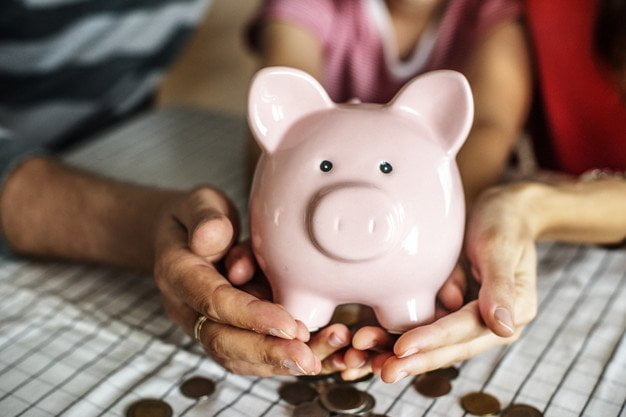5 Ways to Teach Young Children Financial Readiness
by Mashum Mollah Finance Published on: 16 July 2019 Last Updated on: 02 April 2022

Summer is here and in between swimming and other sunny-day activities, the farthest thing from most kids’ minds is saving money for the future. With school out and more downtime, however, summer can be the perfect opportunity to talk to your child about how to become a financially smart adult. The earlier a child learns about money, savings, and investment, the better money managers they will become in the future. This important talk can help children understand the difference between earning, spending, and saving.
Here are 5 ways you can teach your child the value of a dollar.
Teach them about entrepreneurship
Learning about what it takes to become an entrepreneur at a young age allows children to learn all types of concepts focused on starting and operating a company. One way to teach young children how to do this is by having them set up a lemonade stand. Also, you can try some kid’s games about money to teach your kids all arouтв values. Although an innocent concept, this can help prepare them for the real world where they’ll have to come up with supplies, set up a stand, and focus on their customers.
Take them to the bank
After they’ve made a profit, take them to the bank and show them how to save their money rather than spend it. This teaches your child that money must be earned in order to have money in a bank account. You can also teach your children about paying bills and budgeting if they’re old enough to understand.
Show them how to save for the future
Although your child is still young, it is never too early to talk to them about the importance of saving for higher education. It’s hard to imagine, but in a few years, they’ll be ready to embark on college or university.
In Canada, it may be useful to introduce to them savings opportunities like the Registered Education Savings Plan or RESPs. Offered by providers like Children’s Education Funds Inc. (CEFI) and others, RESPs are savings plans that allow you to set aside money for higher education and are also supplemented by the government.
Take them shopping
Food shopping maybe just another weekly errand for you, but for kids it’s the perfect lesson about money. Allow your kids to help you go shopping for groceries and make decisions based on a predetermined budget. Case in point, you can say that we only have $100 this week to spend on fruits, vegetables, dairy, and meats. By the cherry tomatoes that are on sale instead of the Roma tomatoes that are full price, it means more money left over for other items.
Work towards a large purchase
Instead of simply buying your child a new toy, you can teach them the value of a dollar by having them save for it. Explain to your child that they can take the money they receive on special occasions and put it towards something that they want.
Money conversations with your young child can help them grow into adults that have a healthy relationship with money. Giving them an allowance and helping them budget for groceries also teaches the principle of efficiently allocating resources. These all contribute to the likelihood that they will have a stable financial outcome later in life.
Read Also:



































































































